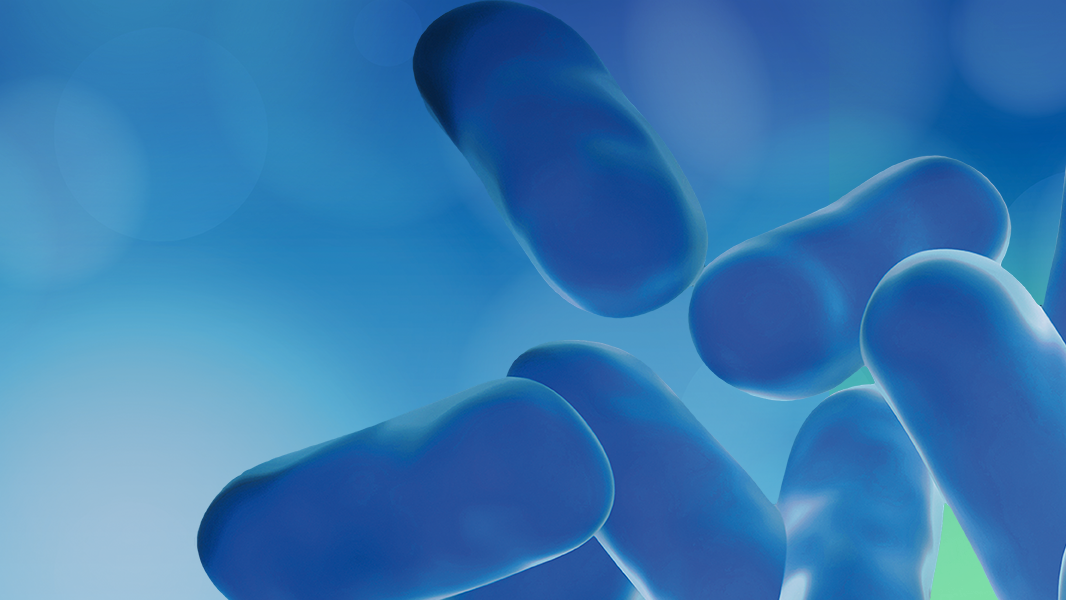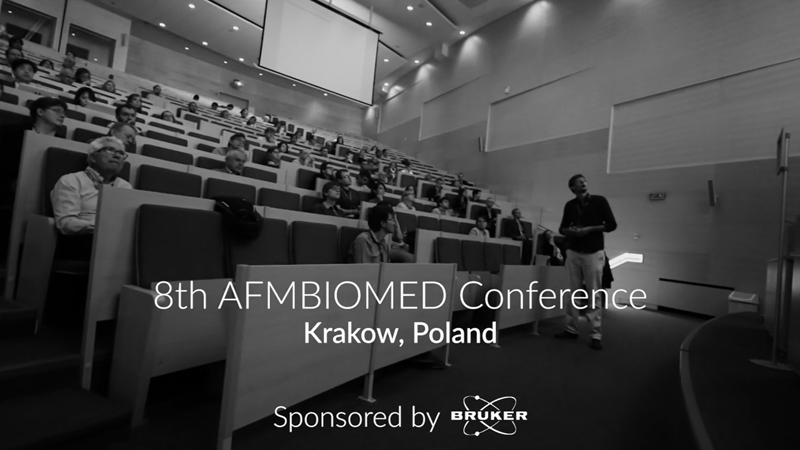

Nanoscale Mechanobiology Symposium
We at Bruker JPK BioAFM are delighted to invite you to join us and a distinguished panel of experts for an international mini-symposium on Nanoscale Mechanobiology.
There is growing recognition that the study of the mechanical properties of cells, their 3D surrounding, and multicellular tissues is critical to understanding how cells regulate their molecular structure and self-organize. Cells actively sense and process the mechanical information provided by their extracellular environment. The study of cell mechanics is, therefore, key to understanding many complex biological mechanisms and their involvement in developmental and pathological processes. Nerve cells are also influenced by mechanical forces. Tissue stiffness, for example, plays an important role in how nerves function and develop, and possibly change after injury and differentiation.
Our panel of experts will share their knowledge and provide insights into their work and research in this exciting interdisciplinary field of science. They will focus on new and versatile Atomic Force Microscopy (AFM) methods for measuring the mechanical properties of biological samples in physiologically relevant conditions. They will present their findings on how AFM can be used to study and manipulate tissue mechanics and investigate the physical interactions between cells and their environment, and questions like why rigid tumors contain soft cancer cells will be answered.
Learn how Nanoscale Mechanobiology can provide new insights into your life science research.
Program
Chair: Heiko Haschke, Head of Applications, JPK BioAFM, Bruker Nano GmbH
5:00 pm Welcome address Carmen Pettersson, Senior Manager Product Marketing, JPK BioAFM, Bruker Nano GmbH
5:10 pm Using AFM for in vivo tissue mechanics measurements and manipulation Dr. Kristian Franze, University of Cambridge, UK
5:40 pm Mechanical regulation of cells and multicellular tissues Dr. Alexander Cartagena-Rivera, National Institutes of Health, Bethesda, MD, U.S.
6:10 pm Why do rigid tumors contain soft cancer cells Prof. Dr. Josef A. Käs, University of Leipzig, Germany
6:40 pm Open forum discussion Heiko Haschke
6:55 pm Closing Carmen Pettersson
This webinar was presented on: June 23, 2020
Speakers
Kristian Franze, Ph.D.
Reader in Neuronal Mechanics & Fellow of St. John's College, Department of Physiology, Development and Neuroscience, University of Cambridge, UK
Kristian Franze qualified as a Veterinarian at the University of Leipzig in Germany, where he also obtained a PhD in Physics. He then did his postdoc at the Cavendish Laboratory of the University of Cambridge. In 2011, he started his group at the Department of Physiology, Development and Neuroscience in Cambridge, where he was promoted to Reader in 2017. He has received numerous international honours for his research, including an ERC Consolidator Grant in 2018. In 2020 he was awarded an Alexander von Humboldt Professorship. His research focuses on how mechanical signals contribute to regulating the development and regeneration of the nervous system.
Dr. Alexander Cartagena-Rivera
Section on Mechanobiology, National Institute of Biomedical Imaging and Bioengineering
Dr. Cartagena-Rivera received a bachelor’s degree in Mechanical Engineering from the University of Puerto Rico and his Ph.D. in Mechanical Engineering from Purdue University. He completed a Post-Doctoral IRTA Fellowship in the National Institute on Deafness and Other Communication Disorders at the National Institutes of Health. He is now an Earl Stadtman (Tenure-Track) Investigator and chief of the Section on Mechanobiology at the National Institute of Biomedical Imaging and Bioengineering, where his laboratory research focuses on understanding the cellular and tissue molecular-mechanical regulation and development of advanced Atomic Force Microscopy tools for cancer biology and hearing research. In 2019 he received the prestigious NIH Distinguished Scholars Program award.
Prof. Dr. Josef A. Käs
Principal Investigator & Head of the Soft Matter Physics Division, University of Leipzig, Germany
Prof. Käs qualified as a physicist at the University of Munich, Germany, where he also obtained his PhD in Physics. He did his postdoc at the Harvard Medical School, Boston. In 1996, he went on to the University of Texas where, from 2001–2002, he was a Full-Professor at the Department of Physics. In 2002 he moved to the Department for Soft Matter Physics at the Peter Debye Institute for Soft Matter Physics, University of Leipzig, Germany, where he was Director from 2008 to 2016. He has been a member of the Leipzig University Cancer Center since 2016. He has had a distinguished career, becoming an ICMB Fellow at the Institute of Molecular and Cell Biology, University of Texas (1999-2001) and winning the Wolfgang Paul Prize (2002). He was a finalist in the Saatchi & Saatchi Award for World Changing Ideas (2006), became a Fellow of the American Physical Society (2014) and held a Woolmer lecture at the Institute of Physics and Engineering in Medicine (2017).


